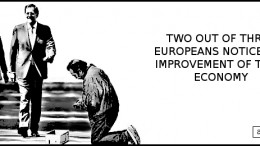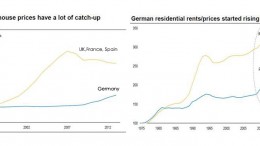Financial sector welcomes UK oversight of Banking Union
BRUSSELS | By Alexandre Mato | The financial sector has been expecting a boost to support capital markets from the incoming EC President Jean-Claude Juncker. There has been widespread speculation as to what shape such a boost might take within the monetary union. However Britain´s opposition to Juncker´s appointment means expectations have been somewhat tempered.







